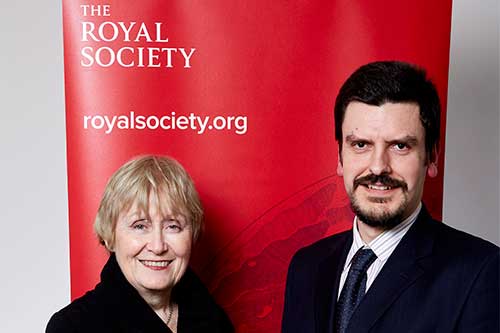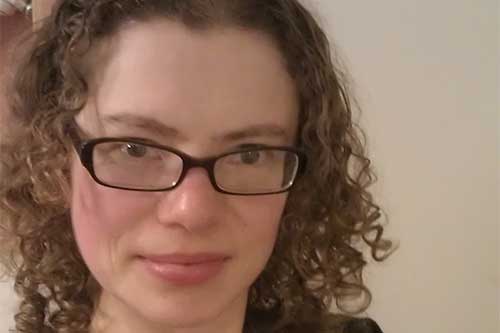Dr Theo Tryfonas, Senior Lecturer in Systems Engineering in the Department of Civil Engineering and an expert in Smart Cities, will shadow Madeleine Moon, MP for Bridgend, and Dr Kate Hendry, Royal Society Research Fellow in the School of Earth Sciences, who studies silicon cycling in the oceans, will shadow Dr Julius Piercy from the Department for Food, Environment and Rural Affairs. As well as learning about their work, while in Westminster the academics will attend seminars and panel discussions about how evidence is used in policy making and will also attend a mock Select Committee.
The visit will provide the researchers with a behind the scenes insight into how policy is formed and how their research can be used to make evidence-based decisions. It will also give the parliamentarian and civil servant the opportunity to investigate the science behind their decisions and improve their access to scientific evidence.
Dr Theo Tryfonas said: “I wanted to participate in the scheme in order to get a deeper insight into policy making and to understand how a technologist like me could interface more effectively with policy makers. The relationship between policy making and advance technology is challenging, given the rapid change of information and communication technologies (ICT), as well as the potential impact that ICTs can have in the context of climate change, aggressive urbanisation and global security. Development of digital technology and policy making must go hand in hand in order to enable more relevant and effective, evidence-based interventions for future cities.”
Dr Kate Hendry added: “I applied for the MP-scientist pairing scheme to find out more about how to communicate my research into oceans and climate to policy makers and other stakeholders. My current projects have a strong emphasis on understanding the cycling of nutrients in seawater, and how the supply of nutrients to marine algae changes through time. It’s these marine algae that form the basis of the food chain and are all-important for fisheries and other marine resources, which come under the DEFRA remit.”
The week will begin with a reception in parliament where Jo Johnson MP, Minister for Science and Universities will speak about the value of UK research and the important role of scientific advice in parliament. Nicola Blackwood MP, Chair of the Science and Technology Select Committee will also speak about the Committee’s plans to investigate the evidence underpinning Government policies.
The Royal Society’s pairing scheme, which started in 2001, aims to build bridges between parliamentarians and some of the best scientists in the UK.
Dr Julie Maxton, Executive Director of the Royal Society said: “Our world faces challenges that can only be addressed with a solid understanding of science. From climate change mitigation and adaptation to GM regulation, policy makers must make decisions about issues which will affect the lives of all those in the UK, and often, the global community. We must rely on them to make sound decisions based on the best available evidence when tackling these complex issues.
“Scientists and policy makers have a responsibility to engage with each other to get the best possible scientific advice into public policy making. The Royal Society’s pairing scheme, now in its 15th year, provides an opportunity for MPs and scientists to build long-term relationships to make the best evidence and scientific advice increasingly accessible. The shaping of public policy can only improve over time as these relationships continue to grow.”

